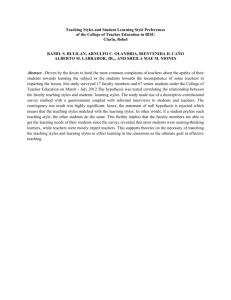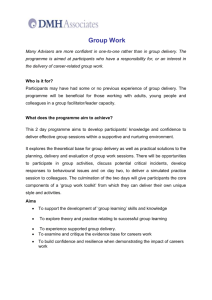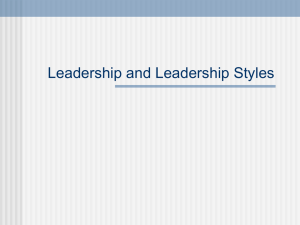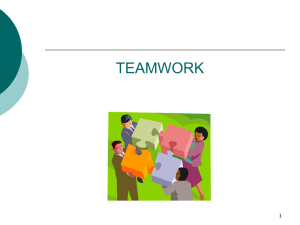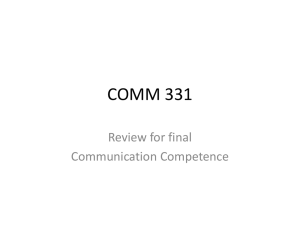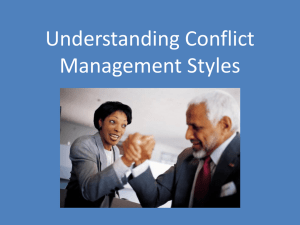File - AICE Psychology
advertisement
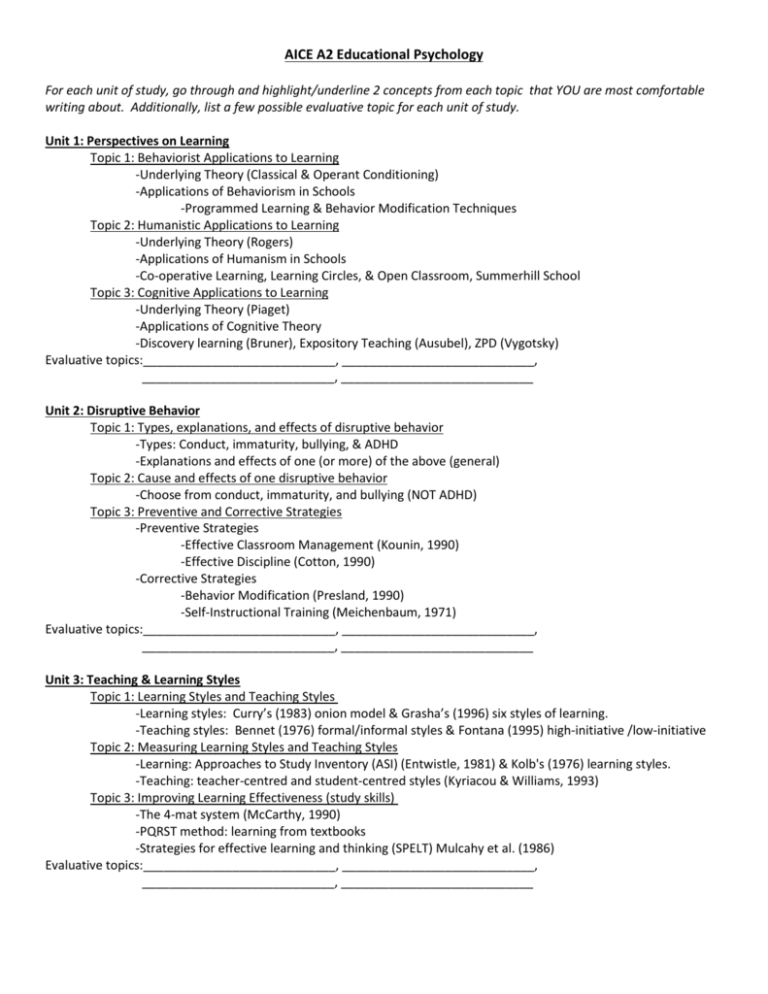
AICE A2 Educational Psychology For each unit of study, go through and highlight/underline 2 concepts from each topic that YOU are most comfortable writing about. Additionally, list a few possible evaluative topic for each unit of study. Unit 1: Perspectives on Learning Topic 1: Behaviorist Applications to Learning -Underlying Theory (Classical & Operant Conditioning) -Applications of Behaviorism in Schools -Programmed Learning & Behavior Modification Techniques Topic 2: Humanistic Applications to Learning -Underlying Theory (Rogers) -Applications of Humanism in Schools -Co-operative Learning, Learning Circles, & Open Classroom, Summerhill School Topic 3: Cognitive Applications to Learning -Underlying Theory (Piaget) -Applications of Cognitive Theory -Discovery learning (Bruner), Expository Teaching (Ausubel), ZPD (Vygotsky) Evaluative topics:____________________________, ____________________________, ____________________________, ____________________________ Unit 2: Disruptive Behavior Topic 1: Types, explanations, and effects of disruptive behavior -Types: Conduct, immaturity, bullying, & ADHD -Explanations and effects of one (or more) of the above (general) Topic 2: Cause and effects of one disruptive behavior -Choose from conduct, immaturity, and bullying (NOT ADHD) Topic 3: Preventive and Corrective Strategies -Preventive Strategies -Effective Classroom Management (Kounin, 1990) -Effective Discipline (Cotton, 1990) -Corrective Strategies -Behavior Modification (Presland, 1990) -Self-Instructional Training (Meichenbaum, 1971) Evaluative topics:____________________________, ____________________________, ____________________________, ____________________________ Unit 3: Teaching & Learning Styles Topic 1: Learning Styles and Teaching Styles -Learning styles: Curry’s (1983) onion model & Grasha’s (1996) six styles of learning. -Teaching styles: Bennet (1976) formal/informal styles & Fontana (1995) high-initiative /low-initiative Topic 2: Measuring Learning Styles and Teaching Styles -Learning: Approaches to Study Inventory (ASI) (Entwistle, 1981) & Kolb's (1976) learning styles. -Teaching: teacher-centred and student-centred styles (Kyriacou & Williams, 1993) Topic 3: Improving Learning Effectiveness (study skills) -The 4-mat system (McCarthy, 1990) -PQRST method: learning from textbooks -Strategies for effective learning and thinking (SPELT) Mulcahy et al. (1986) Evaluative topics:____________________________, ____________________________, ____________________________, ____________________________ Unit 4: Motivation & Educational Performance Topic 1: Definitions, Types, & Theories of Motivation -Definition of Motivation -Types: Intrinsic & Extrinsic -Theoretical Basis: Behaviorist (Skinner), Cognitive (McClelland), and Humanistic (Maslow) Topic 2: Improving Motivation -Behavioral Technique- Brophy’s (1981) Effective Praise -Cognitive Technique- McClelland’s (1953) Need for Achievement -Cognitive-Behavioral Technique- Bandura’s (1977) Self-efficacy Topic 3: Motivation Issues -Attribution Theory -Weiner (1984) -Learned Helplessness- Dweck et al. (1978) -Changing Attributions- Self-Determination Theory (SDT) (Deci & Ryan, 1985; 2000) Evaluative topics:____________________________, ____________________________, ____________________________, ____________________________ Unit 5: Special Education Needs Topic 1: Definitions, Types, & Assessment of Special Education Needs (including gifted children) -Definitions of special education needs and giftedness -Types & Assessments: Dyslexia, ADHD, Giftedness, Autism spectrum disorders (ASD) -Assessments: Advantages & Disadvantages Topic 2: Causes & Effects of one special education need -Autism (ASD)- Possible Causes of and Effects (characteristics) of Autism -Dyslexia- (Refer to review literature for content) Topic 3: Strategies for Educating Children with Special Needs -Integration vs. Segregation (Focus on Autism) -Acceleration vs. Enrichment -For Gifted children- Schoolwide Enrichment Model (SEM) (Renzulli, 1977) -Strategies for Overcoming Dyslexia -Alpha to Omega method (Hornsby & Shear, 1976) Evaluative topics:____________________________, ____________________________, ____________________________, ____________________________ Unit 6: Intelligence Topic 1: Concepts, Types, and Tests of Intelligence -Concepts of Intelligence and IQ -Types of Intelligence Tests: Stanford-Binet, Wechsler (WAIS & WISC), & British Ability Scale (BAS) -Reliability, Validity, & Predictive Validity -Intelligence & Educational Performance Topic 2: Theories of Intelligence -Factor-Analytic Approach (Cattell, 1971) -Multiple Intelligences (Gardner, 1983) -Triarchic Theory (Sternberg, 1988) Topic 3: Alternatives to Intelligence -Emotional Intelligence (Goleman, 1995) -Creativity & Unusual Uses Test (Guilford, 1950) -Problem Solving Techniques- Means-End Analysis, Planning Strategies, Backwards Searching Evaluative topics:____________________________, ____________________________, ____________________________, ____________________________
